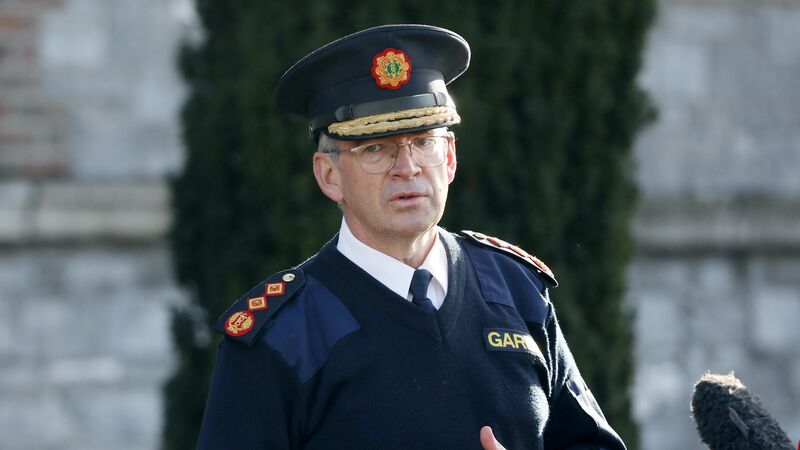Drew Harris: Travelling to Tenerife for dental work 'not a reasonable excuse'

In an interview on Friday's Late Late Show, Garda Commissioner Drew Harris revealed that he himself was out of work with Covid-19 for about two and a half weeks over Christmas and the new year. Picture: Leah Farrell / RollingNews.ie
Garda Commissioner Drew Harris has said that he is aware of reports of individuals avoiding travel restrictions by travelling to Tenerife under the auspices of having dental work done.
"We don't regard a dentist's appointment in Tenerife as being a reasonable excuse to travel," the Commissioner said on Friday's .










